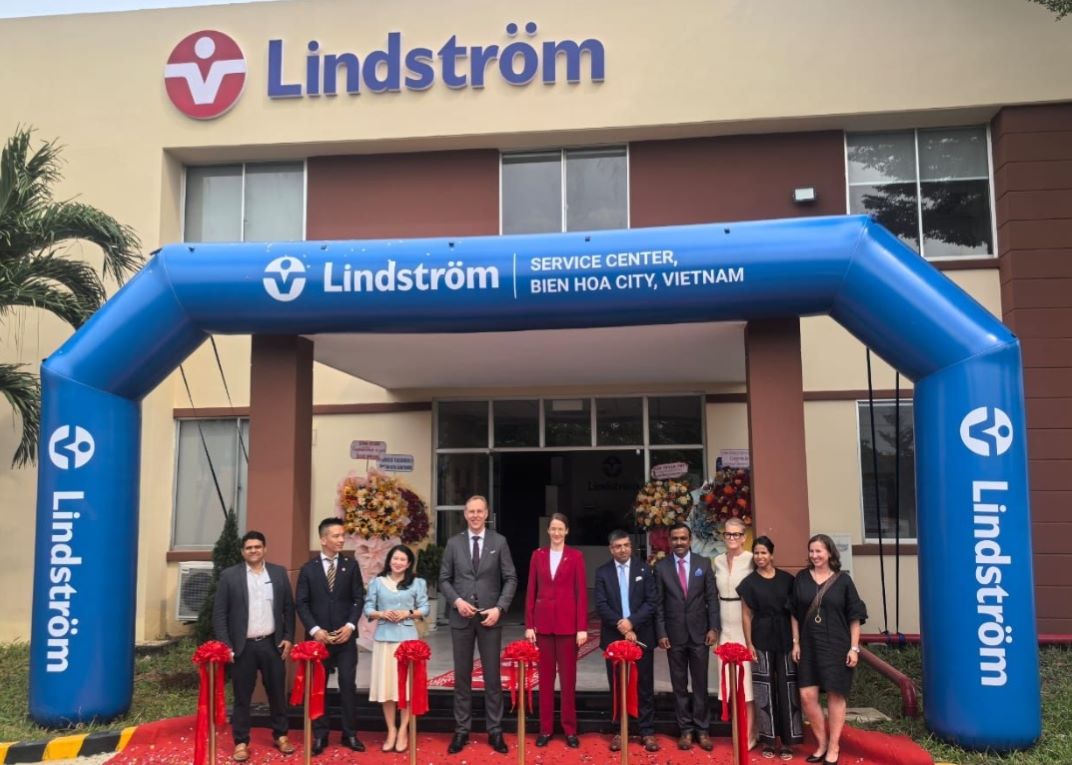
As the world grapples with an ageing population and high incidences of chronic diseases. the gaps in healthcare have prominently surfaced. A corresponding step in rebooting healthcare seems to be the only way out. Health outcomes can be improved through data-driven approaches for the long-term sustainability of the healthcare ecosystem at a convincing cost of care delivery. Eminent industrialists from Singapore Healthcare ecosystems, Farhana Nakhooda, Senior Vice President, Asia Pacific, Health Catalyst along with Dr Hong Huei Lee, Chief Operating Officer, Smarter Health share their expertise on reducing healthcare waste and expense reduction.
How can data-driven approaches to healthcare bring greater transparency and help standardise healthcare pricing?
Global healthcare providers have long been grappling with operational and systemic inefficiencies. The concept of unwarranted variations in care delivery has been discussed for years, but it remains one of the biggest opportunities to improve outcomes while reducing healthcare waste and cutting costs. These variations in the provision of care ultimately contribute to the increase in the cost of healthcare and insurance premiums.
These variations in care create a lack of transparency and clarity about how much healthcare is necessary, the number of resources that are required in the delivery of care, and what these actually cost. A data-driven approach can bring us closer to a more transparent and sustainable healthcare pricing model that captures all these factors. For instance, healthcare providers can use analytics to look at the consumption of indirect clinical costs, such as the amount of time spent in an operating room. This helps us to define and attribute a cost to the consumption of resources related to a particular surgical procedure. When we add this to the direct cost of treatment, such as the cost of drugs or the surgical procedure itself, we have a more accurate pricing model for the care that is provided. This is an example of activity-based costing, which accurately captures 100 per cent of clinical costs based on data collected across the ecosystem. Overall, capturing this data helps to empower medical professionals to exercise better stewardship of resources and standardise pricing.
How can the reduction of healthcare waste play a critical role in keeping healthcare affordable?
One of the root causes of rising healthcare costs is the issue of healthcare waste. Healthcare waste comes from areas such as massive variation in clinical practices, inappropriate care, preventable care-associated patient injury and mortality, and not following best practices in care. The cost of this is staggering – research has shown that quality-associated waste can account for up to 30 to 50 per cent of all healthcare resource expenditures, amounting to $760 to $935 billion annually in the US. Given that more than half the world’s population lives in the Asia Pacific, numbers here would be similar, if not worse
There are many areas where healthcare systems can cut waste, and a data-driven approach can catalyse this process. One example is that insurers can use a data-driven approach for claims adjudication and ultimately provide decision support on whether care is appropriate or not. For example, if an overall healthy patient in their 60s is being admitted as an inpatient for cataract surgery, the system would flag that this can be done as day surgery and the patient doesn’t need to be kept overnight as an inpatient. In the long run, this can result in massive cost savings and significant improvements in the quality of care. For instance, Allina Health has leveraged data-driven approaches to address healthcare waste, which has resulted in millions in cost savings and measurable improvements in patient outcomes.
How can data-driven approaches promote better collaboration and create a more sustainable healthcare ecosystem?
It is a well-known phenomenon that when individual stakeholders in an ecosystem focuses only on optimising their part of the value-chain, it can result in sub-optimisation of the entire ecosystem. An efficient and effective data-driven decision-making framework requires some degree of data and information sharing. This enables everyone to “see-for-themselves” the impact of their respective decisions within their own domain on the entire ecosystem. Such a collaborative environment would also enable a more systemic and systematic approach to improving the overall efficiency, effectiveness, and experience for all healthcare stakeholders. The recent difference in opinion between the Singapore Medical Association and the Life Insurance Association over the empanelment practices and fee schedule is one such example. “None of us is as smart as all of us” – working together gives the best opportunity for designing solutions that work. It also improves the responsiveness of the entire ecosystem to changes and challenges that presents itself from time-to-time.
Using a data-driven approach to improving health outcomes will become increasingly important for the long-term sustainability of any healthcare ecosystem. It will help us to understand the true cost of delivering care while providing excellent healthcare outcomes at a lower cost – a win-win situation for all parties. As Singapore grapples with an aging population and increases in chronic diseases, this can be helpful to highlight any gaps in care, and subsequently, opportunities for improvement. Singapore has one of the best healthcare systems in the world and is already a regional healthcare hub, but there is an emerging and exciting opportunity for Singapore to become an exporter of data-driven healthcare improvement expertise in the long run.
Hithaishi C Bhaskar
hithaishi.cb@mmactiv.com




